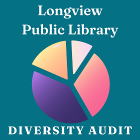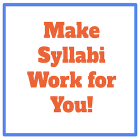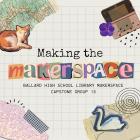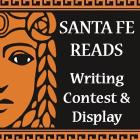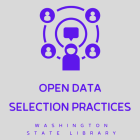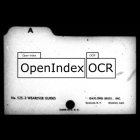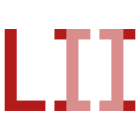
Legal Information Institute: Wex Taxonomy
Wex is an open-access legal encyclopedia and dictionary. Wex uses a tagging system adapted from a homegrown system used by LII staff in the late 1990s. Over time, terms have been added/indexed but the tagging system has remained the same. Currently, the organization and navigation for the Wex subject categories is confusing for users to navigate. Due to some constraints, the taxonomy cannot be overhauled completely and research on law taxonomy is limited. This project is the first step in improving the findability of terms for everyday users by updating the Wex taxonomy by adding, deleting and updating categories.

